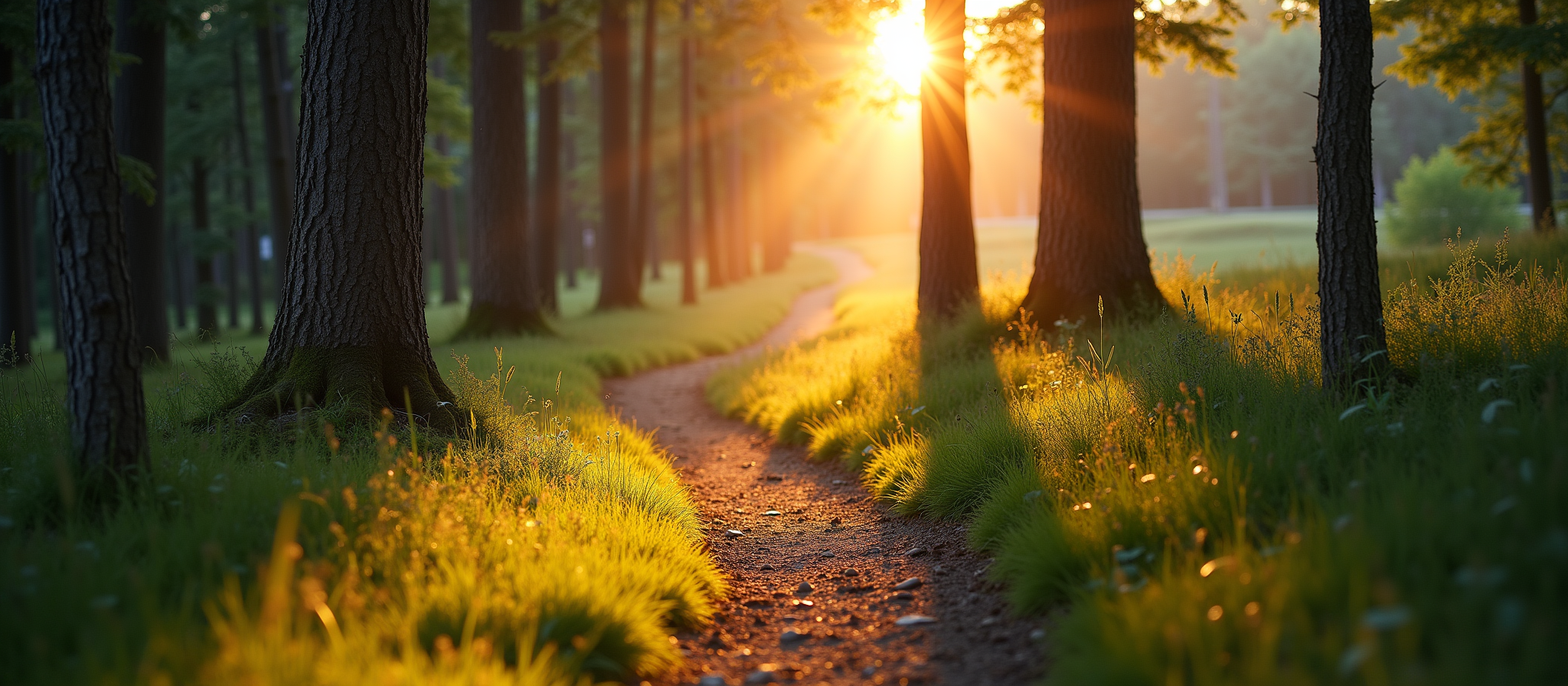Our Sustainable Living Mission
Ecodove is all about sharing thoughtful content to help those interested in sustainability make more informed choices. Our aim is to stay positive and open minded and share independent, science-based research.
Think ecowarriers that just don’t want to fight about it. Each journey to sustainability is unique – our intentions at Ecodove are not to tell you how great we are at sustainability, or what you should be doing to be more sustainable.
Living more sustainably is an aim, not an outcome. There is no finish line, and there are always compromises. For every forward step I take in my sustainability journey, there are often three steps back….like the time I bought an electric car to reduce our household emissions and three months later my husband bought a diesel camper van – it was unavoidable – we love camping, and I’m too old to sleep in a tent (at the time, electric VWs weren't an option).
I try not to be too judgmental of myself when I try and fail, and I am equally not judgmental of others who are either not bothered, too busy, or simply have other priorities. Life is complicated, and we are all doing the best we can!
I recognize that pursuing eco-friendly ways of living is a luxury. My aim in sharing successes, failures, and information via the Ecodove community is only to inform.


Building Sustainability
It all started when.....
....I was researching heat pumps for the renovation of a bungalow we bought in Yorkshire.
I got really frustrated because every 'expert' I spoke to was trying to sell me something. Most of their figures were biased.
I used to be an economist, so I decided I needed to do my own calculations of future operational costs, up-front investment costs, and predicted sustainability outcomes associated with different options.
A friend said to me, "you should write this stuff down...mostly because you won't remember it in six months when it comes time to install the equipment!"
Ecodove was born.
Biodiversity Conservation
Improving our land
We've planted hundreds of trees at Holmefield, and increasing biodiversity is at the heart of our renovation plans.
At first we were flying blind -- planting without enough expert input. Recently, we've been working with a team of ecologists to improve our choices, and plant with biodiversity, not just emission reduction, in mind.


Renewable Solutions
Clean Energy Alternatives
Investing up-front in solar panels, batteries, and an air source heat pump has given us a warm, efficient home.
Yes, it was more expensive than just upgrading the existing gas boiler, but our monthly energy bills are 90% lower than those of comparable properties, even though we have an electric car and some people in our household leave lights on, crank the heat up, and inadvertently sabotage many efforts at efficiency (kids, I'm looking at you).
FAQs
Why is Sustainable Living Important for the Future?
There are two common definitional themes that crop up across the various applications of sustainability:
-
Sustainability means meeting the needs of the present without compromising the ability of future generations to meet theirs
-
Sustainability means the ability for humans to co-exist safely over a long period of time.
If we want to safeguard our future, we believe considering sustainability when we make decisions is important.
How Can I Transition to Sustainable Living?
There is no such thing. Unless we fully embrace historic lifestyles of indigenous populations who lived in harmony with their environments, I think we are aiming for more sustainable choices in the near term.
I am hopeful, however, that we can gently encourage a shift in global thinking to a philosophy more aligned to that of predecessors who were more connected to the land, the natural environment, and each other.
I sincerely believe bringing those values to the forefront of our minds is good for our mental and physical well-being as well as being good for the planet.
What Are the Impacts of Sustainable Choices?
Sustainable choices lead to reduced carbon footprint, preservation of natural resources, and protection of ecosystems and wildlife.
We can aim to be caretakers of our natural world, not dictators. In doing so, it will serve us better.
How Can I Contribute to Sustainable Living?
Individual contributions like reducing waste, supporting sustainable initiatives, and advocating for eco-friendly policies can significantly impact sustainable living.
I believe small steps made across a large group can have a big impact.
Connect with Us
Reach Out Today
Feel free to connect with us for inquiries, collaborations, or to share your thoughts on sustainable living topics.







